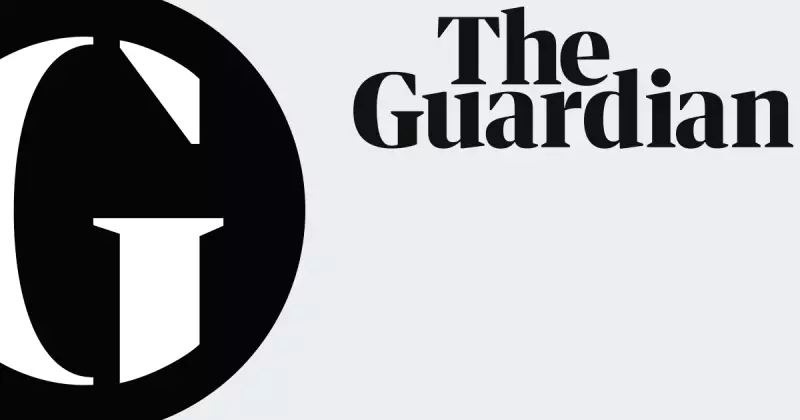
The latest US jobs report has sent a ripple of concern through financial markets, revealing a sharper-than-expected slowdown in hiring for the month of August. The world's largest economy added a modest 130,000 non-farm payrolls, falling short of analyst predictions and signalling potential headwinds.
Tariffs Cast a Long Shadow Over Economic Growth
Economists and business leaders are pointing squarely at the escalating US trade policy as a primary culprit for the hiring cooldown. The uncertainty generated by sweeping tariffs on Chinese goods is creating a climate of caution, causing many businesses to delay investment and freeze hiring plans.
The data suggests companies are adopting a 'wait-and-see' approach, hesitant to expand their workforce amidst unpredictable trade relations and fears of rising material costs.
Behind the Headline Numbers
While the unemployment rate held steady at a low 4.2%, the details within the report paint a more nuanced picture:
- Government hiring boost: A significant portion of the job gains was attributed to temporary government census workers, masking weaker performance in the private sector.
- Wage growth stability: In a silver lining, average hourly earnings continued to rise at a steady pace of 0.4% month-on-month, suggesting sustained consumer spending power.
- Previous revisions: Job gains for June and July were revised downwards by a combined 20,000, indicating the slowdown may have begun earlier than initially thought.
Implications for the Federal Reserve
This lukewarm jobs report is a critical data point for the US Federal Reserve. The central bank, led by Jerome Powell, has been walking a tightrope, balancing strong economic indicators against global risks and trade-related uncertainties.
This softer employment data could strengthen the case for a more cautious approach to interest rates, potentially paving the way for a rate cut later this year to stimulate investment and protect the economy from external shocks.
Market watchers will now be scrutinising the Fed's next move, as this jobs report provides compelling evidence that trade tensions are no longer just a theoretical risk but are having a tangible impact on the domestic labour market.





